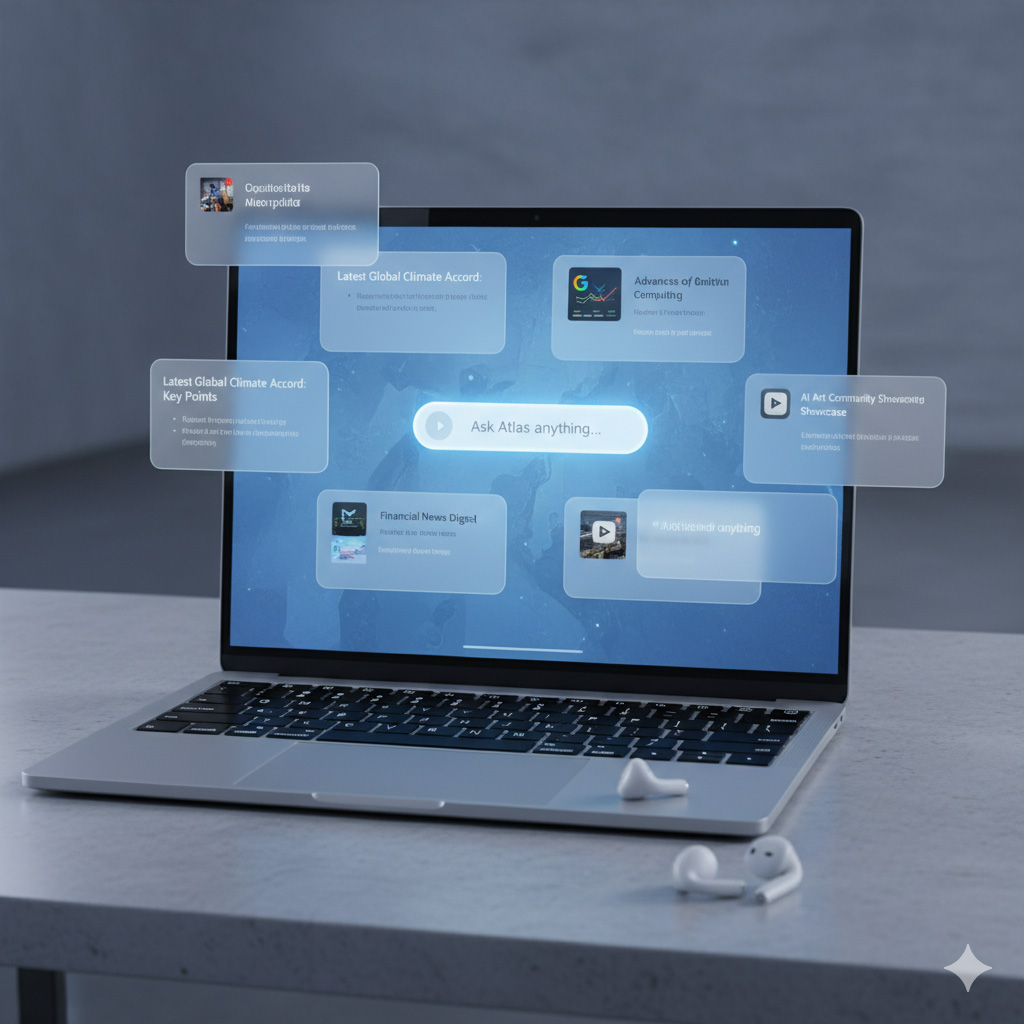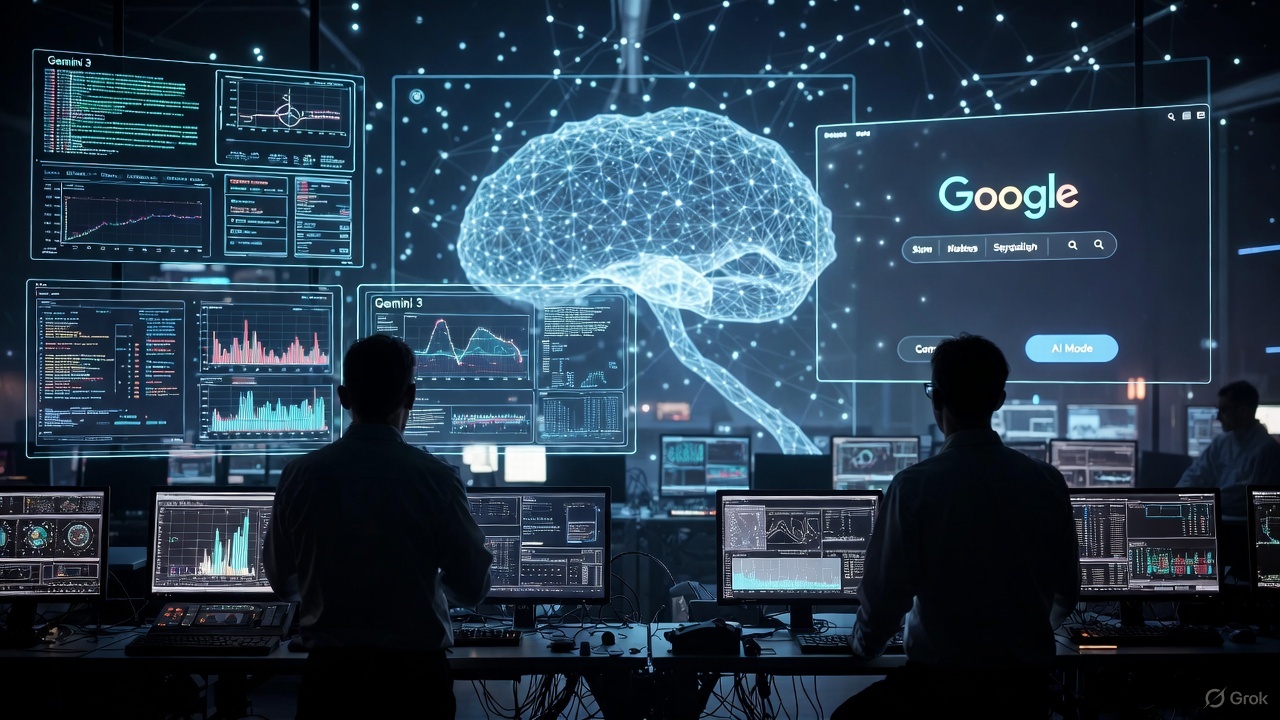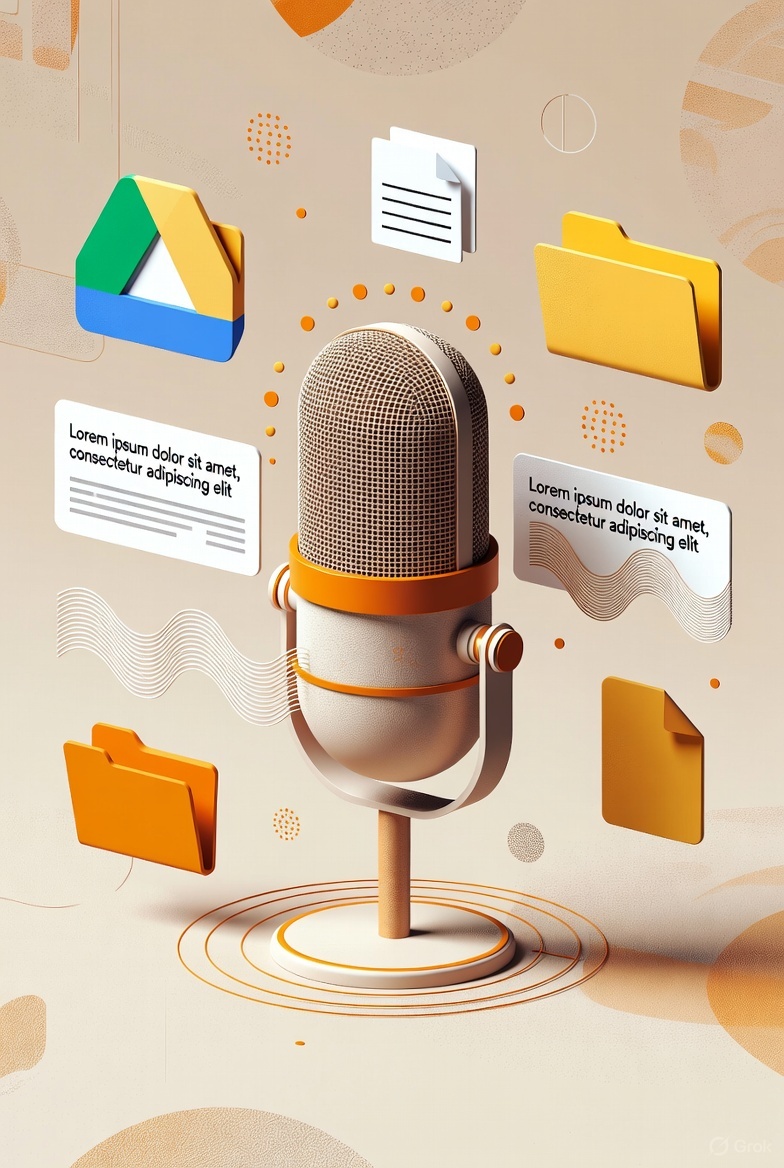
OpenAI’s Atlas Browser: The AI Gateway Poised to Redefine the Internet
OpenAI has officially entered the browser wars with *Atlas*, a conversational, AI-driven web browser that threatens to upend how people search, click, and consume the web. As ChatGPT becomes the new homepage for hundreds of millions, the question looms—will this revolution empower users, or erase the open internet as we know it?
The AI Browser Wars Begin: OpenAI’s Atlas Takes Aim at Google
When OpenAI unveiled its new Atlas browser this week, the announcement landed like a thunderclap. Not because the world needed another browser—but because this one talks back. For years, people have typed their questions into search bars; now, OpenAI wants users to have conversations with their browser instead.
Atlas, currently launching on Apple laptops before expanding to Windows, iOS, and Android, positions itself as more than just a browsing tool. It’s a full-fledged AI navigator—an intelligent agent that understands what you’re looking for, searches on your behalf, and even explains what it’s doing as it roams the web.
OpenAI CEO Sam Altman calls it “a once-a-decade opportunity to rethink what a browser can be.”
That’s not hyperbole. The last major breakthrough in browser design was arguably Chrome’s introduction of tabs and its minimalist speed-focused interface in 2008. Seventeen years later, Atlas aims to redefine what browsing even means.
From Search Bars to Chatbots
At its core, Atlas replaces the traditional URL bar with a ChatGPT-powered conversational interface. Instead of typing openai.com/blog, you might ask, “Show me OpenAI’s latest announcements about Atlas,” and the browser not only retrieves the page—it summarizes it, contextualizes it, and can even compare it with other sources in real time.
A premium “Agent Mode” pushes this further: it browses for you, clicking links, pulling references, and building a digest of your query—like a personal research assistant that never tires. Altman describes it as “using the internet for you.”
Forrester analyst Paddy Harrington, however, warns that the feature could be a double-edged sword. “It’s taking personality away from you,” he says. “When the browser acts based on your history and data, how much of the exploration is really yours?”
That tension—between convenience and control—sits at the heart of the Atlas experiment.
Taking on Chrome’s Empire
Atlas doesn’t just challenge Google’s search monopoly; it takes aim at Chrome itself. Chrome currently commands around 3 billion users worldwide, dwarfing all competitors. Yet OpenAI’s ambitions mirror Google’s own in 2008, when Chrome disrupted Microsoft’s Internet Explorer against all odds.
“Tabs were great, but we haven’t seen a lot of browser innovation since then,” Altman said during Tuesday’s announcement video.
History might be on OpenAI’s side. Chrome thrived because it was faster and cleaner. Atlas promises a similar leap—except this time, it’s smarter.
But even Altman knows the stakes are massive. Just months ago, OpenAI executives reportedly expressed interest in buying Chrome itself if antitrust rulings forced Google to sell it. That didn’t happen—Judge Amit Mehta ruled against such a breakup—but it underscored just how seriously OpenAI is taking its move into the browser space.
The Changing Shape of the Web
Atlas also reopens a broader debate about the future of the open internet. If AI assistants like ChatGPT summarize everything you need, what happens to the original sources?
That question has haunted publishers for over a year. Media companies like The New York Times have sued OpenAI for copyright infringement, while others, including the Associated Press, have struck licensing deals.
A recent study found that nearly half of AI-generated answers from major chatbots—including ChatGPT and Google’s Gemini—contained factual errors or lacked journalistic quality. Despite these flaws, users are increasingly willing to trade accuracy for convenience.
According to an AP-NORC poll, 60% of Americans—and a staggering 74% of adults under 30—use AI at least occasionally to find information. The shift is irreversible: people are no longer browsing the web, they’re conversing with it.
Can Altman Win the Long Game?
OpenAI’s challenge isn’t just technical—it’s financial. The company, valued higher than any other startup in the world, has yet to turn a profit. Atlas could be a crucial piece of that puzzle, opening the door to advertising revenue, affiliate partnerships, or new subscription tiers integrated into ChatGPT Plus.
But the road won’t be easy. Chrome, Safari, and Edge dominate the market. Perplexity, another AI startup, launched its own Comet browser earlier this year, even going so far as to make an unsolicited $34.5 billion offer to buy Chrome.
If nothing else, OpenAI’s Atlas shows that the browser—once considered a solved problem—is now the hottest frontier in AI.
As Altman put it, “Tabs were great. But the next great browser won’t just open the web—it will understand it.”
The Future: Browsing Becomes Conversing
If Atlas succeeds, it could change how billions of people interact with information. Imagine a world where your browser doesn’t wait for input but proactively fetches what you need, filters misinformation, and presents results with human-like context.
That’s both revolutionary and unnerving. When your browser knows your habits, your history, and your preferences, who really controls the click?
OpenAI is betting that people are ready to let AI take the wheel. The only question is: what happens to the rest of the web when we stop driving?


